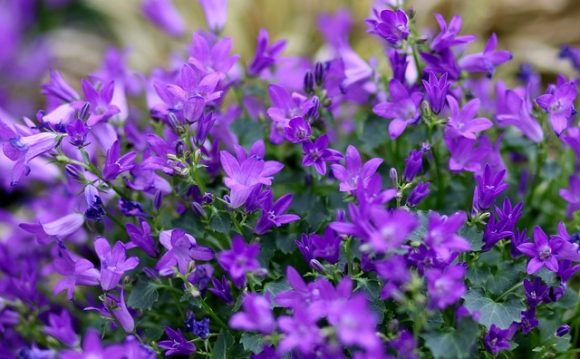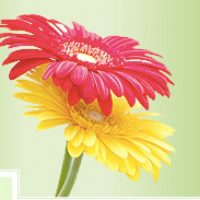All posts tagged asthma weed
Lobelia for Asthma and Addictions?
Lobelia inflata, commonly known as lobelia, gagroot, asthma weed, pukeweed and wild tobacco, is a flowering perennial herb native to Canada and the eastern region of the US. Lobelia flowers throughout summer and continues to bloom until first frost knocks. It is easy to grow and requires minimal care. The plant produces abundant flowers colored blue, violet, red, and pink. In full bloom, lobelia brings life, beauty, and vibrancy to a garden. Continue reading [...]

